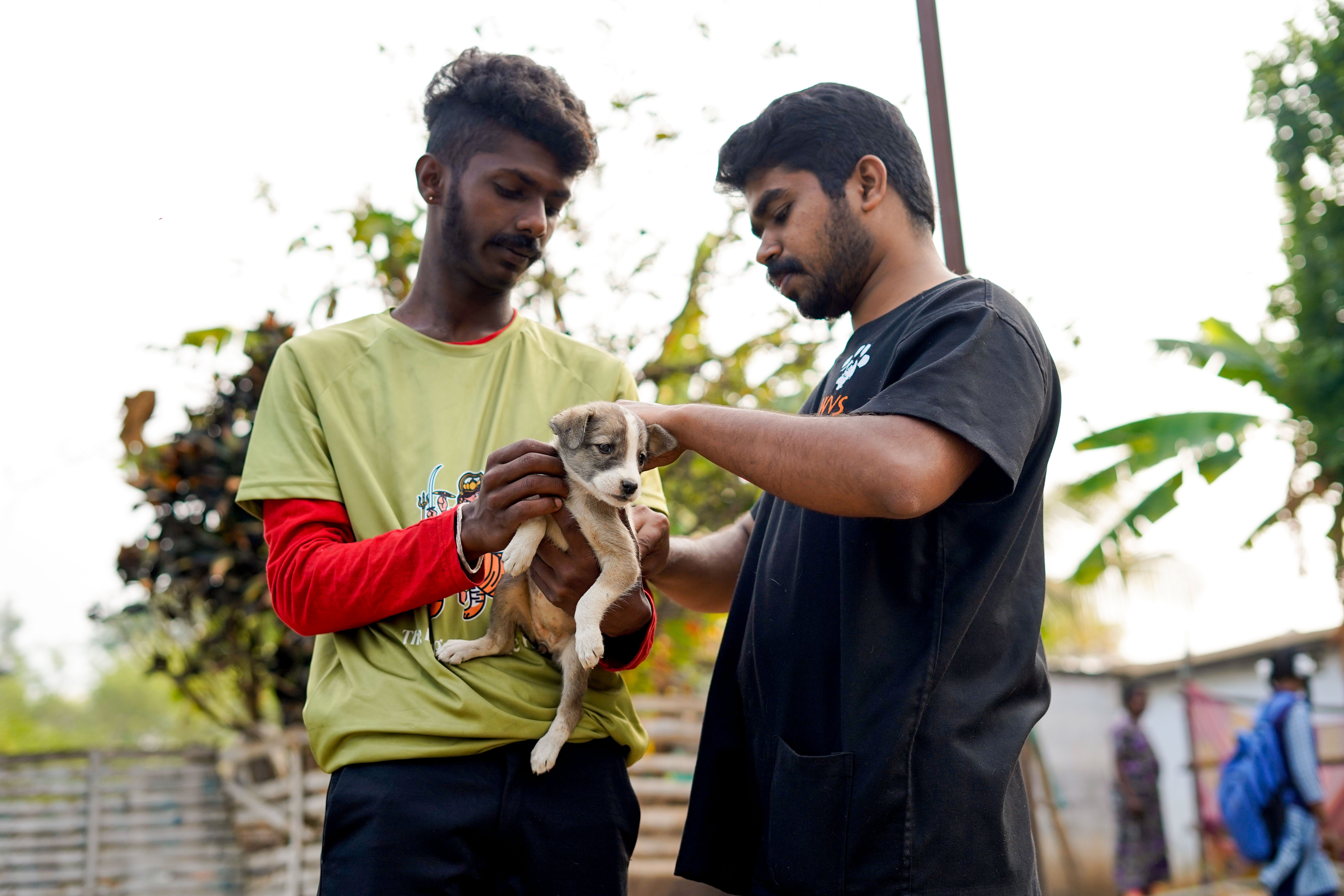WVS provides free vet care animals in need around the world. In the Mudumalai Tiger Reserve, our vets have been contributing to wildlife conservation through the improved health of domestic dogs.
In the Mudumalai Tiger Reserve, located in Nilgiris district in Tamil Nadu, outbreaks of diseases such as canine distemper and rabies are posing a threat to both domestic animals and wildlife.
These deadly diseases can be passed from unvaccinated dogs in the area to endangered species such as tigers, panthers, and wild dogs. The vaccination and humane sterilisation of the local dog populations is vital to prevent outbreaks.
Unfortunately, the villages and tribal settlements bordering the reserve are home to hundreds of domestic dogs who do not have access to essential vaccinations, unless the these are brought to their doorstep. Without regular vaccination programs both the animals and people in the region are vulnerable to disease outbreaks.
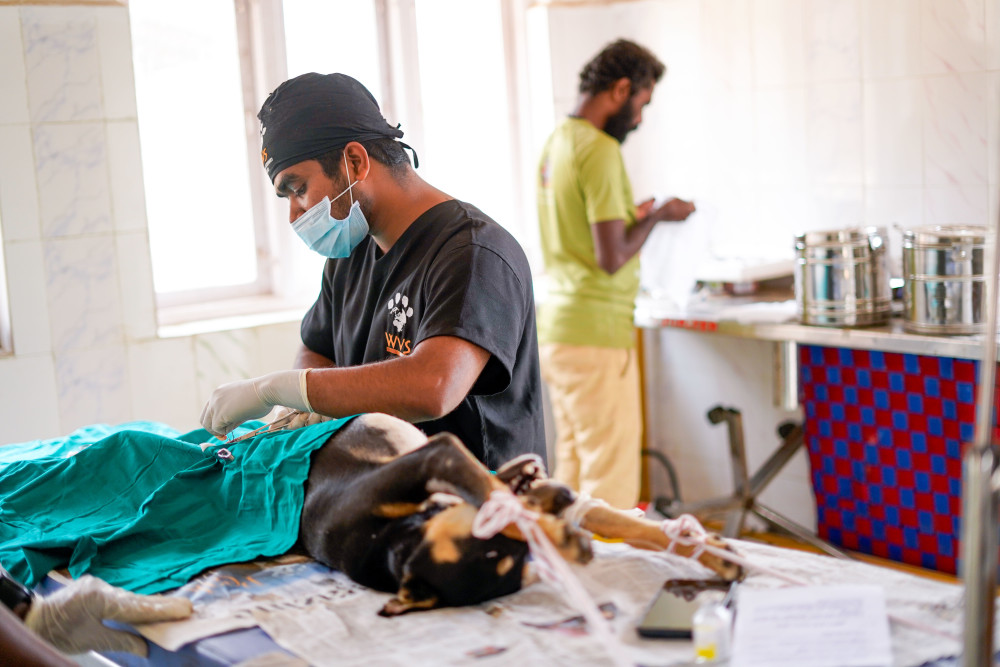
A team of WVS vets first visited the reserve in 2021 and have returned in 2022 to deliver free expert veterinary care, including vaccinations and sterilisation surgeries, to domestic animals within these bordering villages.
This project, in partnership with Durga Wildlife Fund and the Forest Department, aims to improve the health of the domestic animals in the area as well as contribute to the conservation of the wildlife. Not only does this ‘One Health’ approach protect animals in the area, but also the communities in which they live.
During the project, which ran through April and May of this year, we delivered a total of 1,399 vaccinations (distemper or rabies) and surgically sterilised 215 dogs.
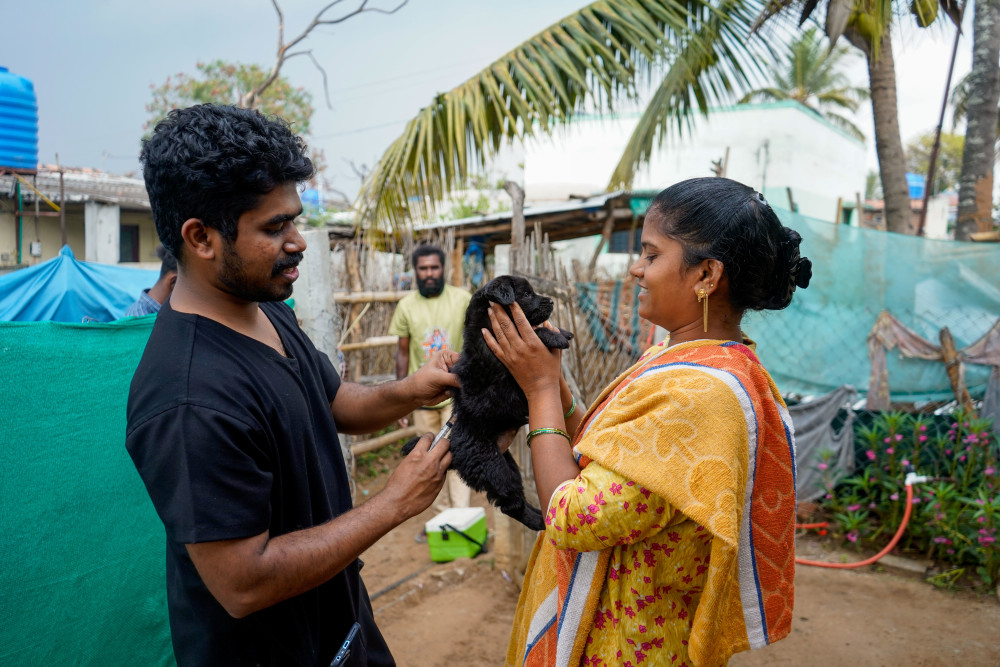
“This is a fantastic project that provides the most essential health services for domestic dogs in a rural, wildlife area. Prevention is always better than cure and the Durga project tackles so many preventative health issues at the same time and also supports the conservation work in the area. Thank you so much to Mr Gideon and Dr Satya for initiating this collaboration. I hope that WVS India can work with Durga Wildlife Fund in the future again!” - Ilona, WVS Director of International Veterinary Training

Following our outreach project in 2021, the sterilisation coverage of the free-roaming dog population was at 55%. This had fallen to 37% by the beginning of the 2022 project, due to unsterilised dogs breeding and new dogs being brought into the area. By the end of our 2022 project, we had achieved a sterilisation coverage of 56%.
This level of dog population control, combined with the annual vaccinations in the field, is sufficient to maintain the dog population as free from distemper and rabies outbreaks; reducing the risk of transmission to wild animals, meaning dogs and wildlife can live safely side by side.
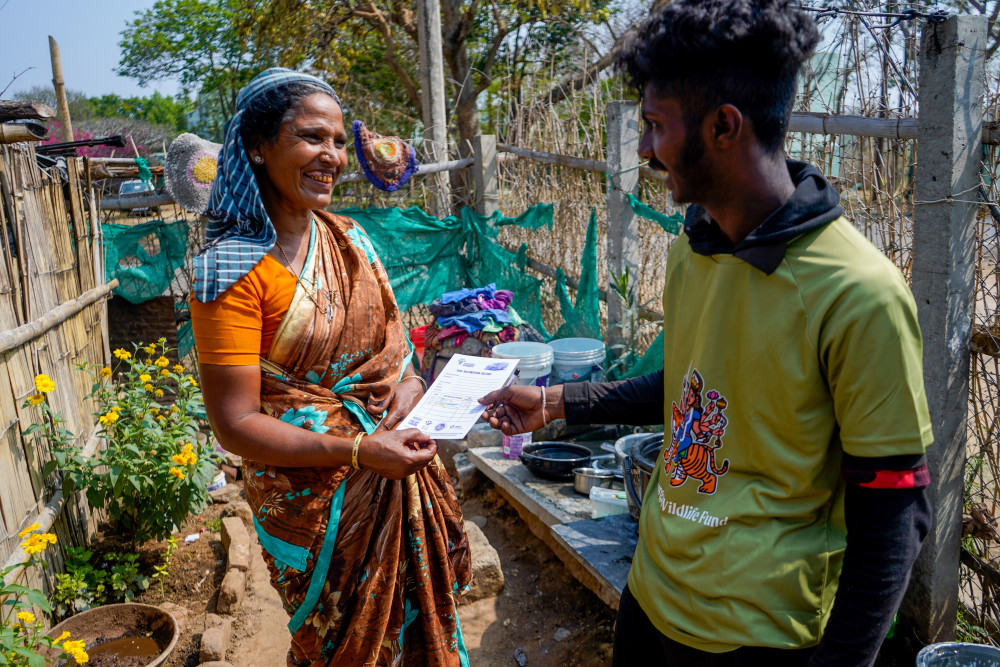
The majority of dogs that our teams vaccinated were easily handled by their owners. This demonstrated that the low vaccination coverage was not due to an inability to easily vaccinate dogs, but is due to the lack of vaccination service available without outreach projects of this kind.
The project forms a part of the ongoing ‘Rabies Free Nilgiris’ concept, while also answering to the unique requirements of an area where wild animals are at risk of disease outbreaks if the vaccination coverage among the domestic dog population is not adequate.
Thank you to the incredible support of our partners and donors, who made this project possible.
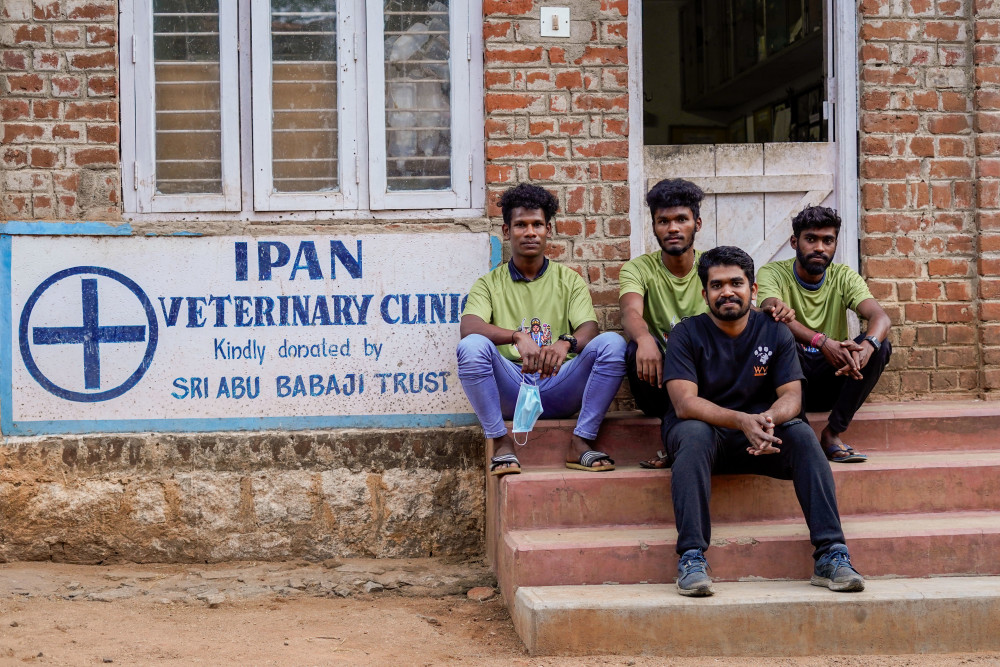
Volunteer with us
Thinking of volunteering with us? Click here to view our upcoming volunteering opportunities. If you have any questions about volunteering, check out our FAQs, or please don't hesitate to email us at volunteers@mail.volunteer.wvs.org.uk.
Support animals in need around the world
Donate today and you can help provide expert veterinary care to animals in need all over the world.
Find out more about our work protecting wildlife
This project is one example of how we work to protect the balance between domestic animals and wildlife. Read more about our work in the Galapagos Islands, Malawi and around the world.
